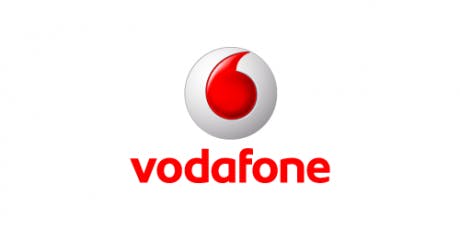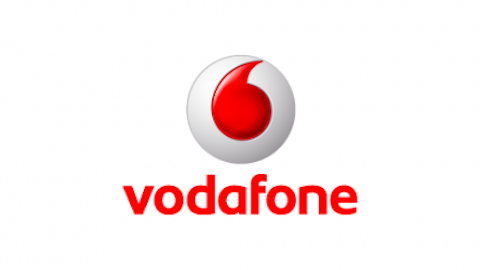LONDON — Over the coming weeks, I’ll be taking a look at the biggest and best companies in the various FTSE 100 sectors. Today it’s telecoms, and that means just two big players — Vodafone Group Plc (ADR) (NASDAQ:VOD) and BT Group plc (ADR) (NYSE:BT).

Here’s a quick summary of some fundamentals:
Vodafone
| Year to March | EPS | P/E | Dividend | Yield | Cover |
|---|---|---|---|---|---|
| 2008 | 12.56 pence | 12 | 7.51 pence | 5% | 1.7 times |
| 2009 | 17.17 pence | 7.1 | 7.77 pence | 6.3% | 2.2 times |
| 2010 | 16.11 pence | 9.4 | 8.31 pence | 5.5% | 1.9 times |
| 2011 | 16.75 pence | 10.5 | 8.9 pence | 5% | 1.9 times |
| 2012 | 14.91 pence | 11.5 | 9.52 pence | 5.5% | 1.6 times |
| 2013 (forecast) | 15.18 pence | 12.3 | 10.35 pence | 5.5% | 1.5 times |
| 2014 (forecast) | 16.50 pence | 11.3 | 10.82 pence | 5.8% | 1.5 times |
| 2015 (forecast) | 17.52 pence | 10.6 | 11.08 pence | 5.9% | 1.6 times |
That steadily rising dividend is nice, and the consistently high yield suggests the share price has not kept pace with the true valuation of the company.
High dividends aren’t guaranteed, and a company might have to cut its payout if earnings are not sufficient. And to that end, it’s perhaps a little concerning that Vodafone Group Plc (ADR) (NASDAQ:VOD)’s dividend cover has fallen a little. But forecasts suggest it is stabilizing.
BT
| Year to March | EPS | P/E | Dividend | Yield | Cover |
|---|---|---|---|---|---|
| 2008 | 23.90 pence | 9.1 | 15.8 pence | 7.3% | 1.5 times |
| 2009 | 16.00 pence | 4.9 | 6.50 pence | 8.3% | 2.5 times |
| 2010 | 17.30 pence | 7.2 | 6.90 pence | 5.6% | 2.5 times |
| 2011 | 21.00 pence | 8.8 | 7.40 pence | 4% | 2.8 times |
| 2012 | 23.70 pence | 9.6 | 8.30 pence | 3.7% | 2.9 times |
| 2013 (forecast) | 24.95 pence | 11.2 | 9.43 pence | 3.4% | 2.6 times |
| 2014 (forecast) | 25.34 pence | 11.0 | 10.67 pence | 3.8% | 2.4 times |
| 2015 (forecast) | 27.01 pence | 10.3 | 12.09 pence | 4.4% | 2.2 times |
BT has been recovering well since 2009, but though it is growing earnings quite nicely, dividend yields have been falling.
Which is best?
BT Group plc (ADR) (NYSE:BT)’s third-quarter figures saw revenue fall by 6%, and some of that is because BT Group plc (ADR) (NYSE:BT) is mainly dependent on just one market — around three-quarters of its business is done in the U.K., where competition is strong and saturation levels are high.
Vodafone Group Plc (ADR) (NASDAQ:VOD), on the other hand, gets only around 12% of its turnover from the U.K., has a good presence in the developing market of India, and holds a 45% stake in Verizon Wireless in the US.
About 10% of BT Group plc (ADR) (NYSE:BT)’s turnover comes from Europe (excepting the U.K.), whereas Vodafone Group Plc (ADR) (NASDAQ:VOD) gets close to 60% of its revenue from the wider eurozone area. That greater international clout helps Vodafone in capturing multinational contracts — like the recent deal to supply Germany’sThyssenKrupp, and a new partnership with Poland’s Polkomtel.


